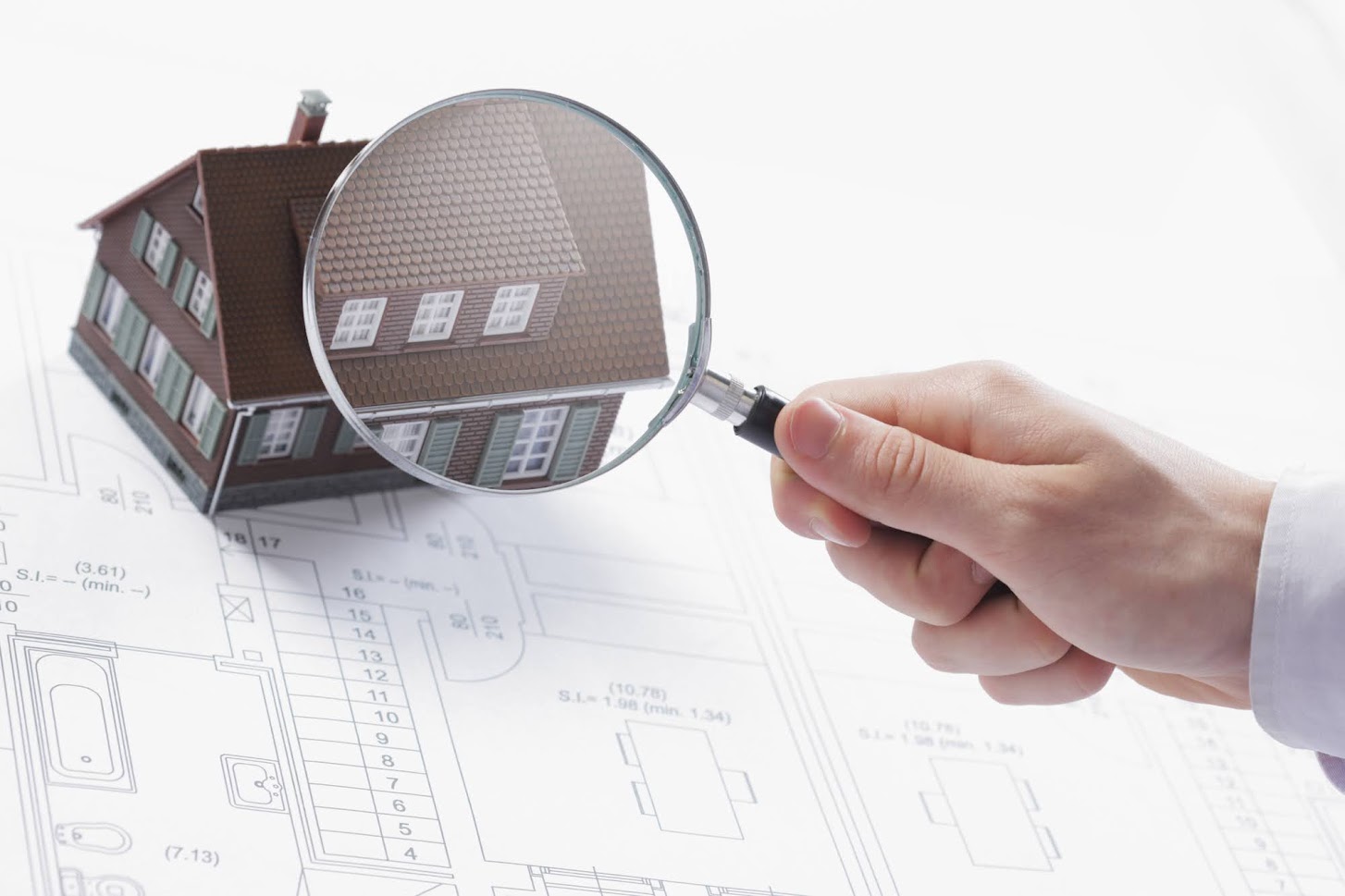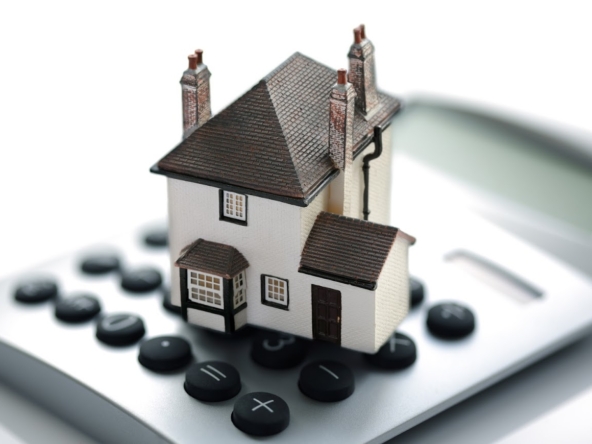Since a house is a huge investment, you should not complete the buying process before checking the house’s condition. Some homes may look appealing but have flaws that may require expensive repairs, like damaged roofs, plumbing, or wiring.
Therefore, you should be meticulous during your viewing visit, especially on areas that could affect a house’s structural integrity or its livability.
Below are some top things to check during house viewing.
1. Roof
A roof is a crucial part of the house, as it covers you against elements like rain, snow, and sun. A good roof also makes a home more aesthetically pleasing, increasing its value. On the other hand, a roof in bad shape can make a house unlivable due to leaks and mold growth.
Some areas to check when inspecting a roof include the age of the roof (to determine if you’ll need a roof replacement soon), the quality of the roof, damages (such as cracking, curling, shrinking, peeling, or rust), and the condition of the attic.
Depending on the issues you identify, you can ask the seller to replace the roof before purchasing or request a reduction in the selling price to offset the roof repair costs.
2. Electrical Systems
A home’s electrical system is one of the crucial components but also the most dangerous. A faulty electrical system can cause fires, injuries to your loved ones, or even death. Some electrical issues are also expensive to repair.
Therefore, before purchasing a house, ensure you have inspected its entire electrical system to avoid mishaps. An electrical inspection also helps you identify the quality of wiring components used and whether you require repairs in the future. For example, if the house has aluminum wiring, you may want to replace it later to avoid the overheating problems associated with the material.
The most common electrical issues during the inspection include loose connections, faulty components, poor installation, and faulty wiring.
3. Foundation
A foundation repair is an expensive home repair. Also, foundation issues can threaten a home’s structural integrity if ignored, leading to additional repairs. Therefore, you can spend thousands of dollars if you discover your new home has a foundation issue after purchasing. Luckily, you can notice these issues early if you thoroughly check the house’s foundation before purchasing.
The best way to check foundation issues is by looking for signs like sagging floors and ceilings, bowed walls, mold in the basement, gaps between exterior walls and windows, and cracks on the exterior walls. If the damages are minimal, you can negotiate for a discount, but if the damages are severe, the best option is to walk away.
4. Plumbing and Drainage Systems
Since plumbing systems also have a lifespan, you should check a house’s plumbing system before purchasing. Check for leaks, especially in leak-prone areas like below bathroom and kitchen sinks, and other issues like clogged drains and damaged faucets.
5. HVAC System
Since the HVAC in a home comes as part of the house during a purchase, ensure that it is in perfect condition to avoid costly replacements or repairs.
Some HVAC issues to check include clogged filters, loose connections, thermostat malfunctions, and leaking refrigerant. Also, check the condenser’s serial number to determine its year of manufacture. This way, you’ll know if it’s near the end of its lifespan.
No matter how appealing a house may look on a real estate’s agent website, physical home viewing is the only ensure that it is in good condition.
At Charles L. Moles Real Estate LLC, we offer customer-oriented services to property sellers, buyers, owners, and renters. Contact us today to start your property ownership process.


